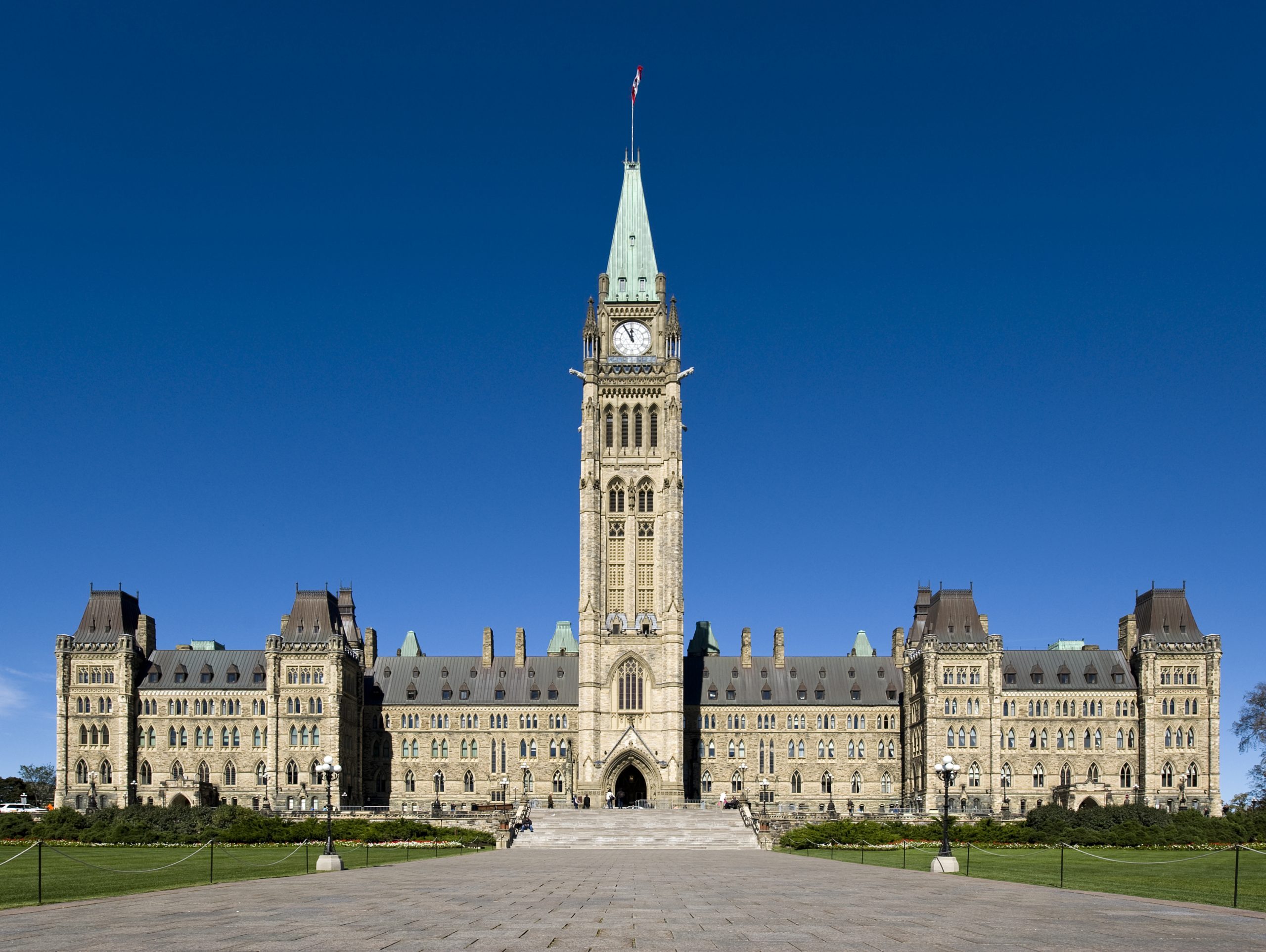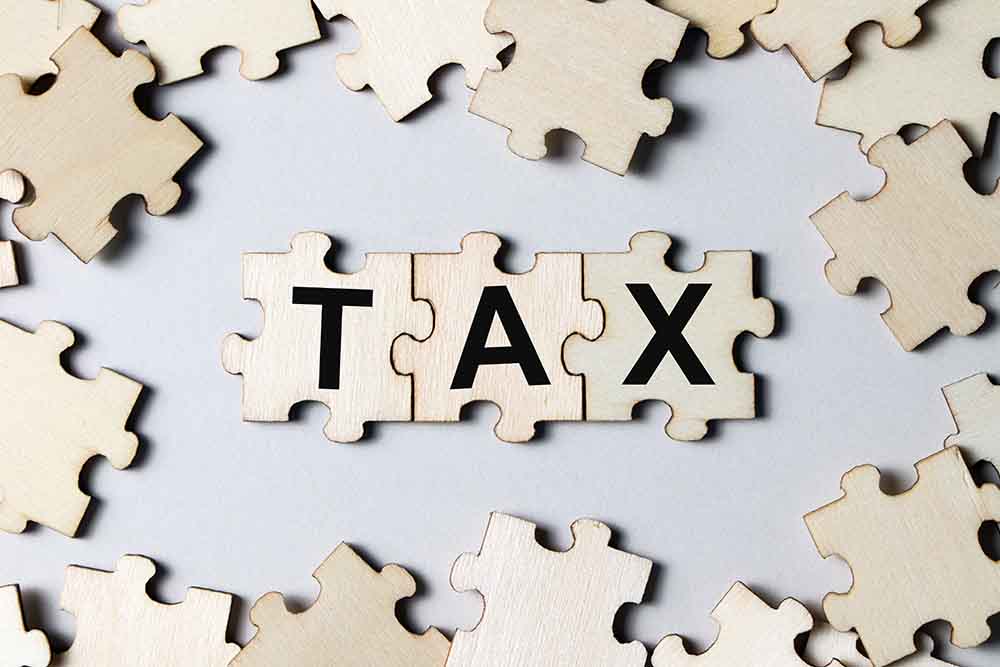In December the smart set in the big cities here thought the Liberal Party—Australia’s traditionally conservative party—had jumped off a cliff by electing Tony Abbott opposition leader. The Liberals, opined one professor of politics in Melbourne, risked becoming "a down-market protest party of angry old men and the outer suburbs." A columnist in the Sydney Morning Herald summed up Mr. Abbott’s party as "Populist, angry and spoiling for a fight."
How wrong they were. It’s no stretch to say Mr. Abbott—Rhodes scholar, devout Catholic and family man—has singlehandedly resurrected the conservative movement in Australia. He took over the Liberals after his predecessor had proved too willing to go along with the agenda of then-Prime Minister Kevin Rudd, and he promptly moved the party to the right. Mr. Rudd was overthrown a few months later in his own internal party revolt and replaced in June by Julia Gillard, who as Australia’s first female prime minister (and as a more centrist figure than Mr. Rudd) should have had the political wind at her back.
Instead, the Liberals enjoyed what Mr. Abbott called a "savage swing" on election day Saturday. Though unable to win an outright majority, they made up a double-digit poll deficit in less than five months, denied Labor a governing majority, and may yet take the reins of government if they can form one themselves. He has done it by doing the one thing so many Republicans in America and Tories in Britain shy away from: explaining what conservatives believe in, clearly, sincerely and without a hint of shame.
Compare him to his political opponents on the big issues in this election:
• On economic philosophy in the wake of the 2008 financial crisis. Mr. Rudd: "Not for the first time in history, the international challenge for social democrats is to save capitalism from itself."
Mr. Abbott: "Liberals are just as committed to fairness as their Labor counterparts but understand more readily that holding people back can be just as unfair as not giving them a start. Liberals are just as committed to effective government but appreciate better that too much government can be as bad as too little."
Mr. Abbott: "Fiscal restraint is inconsistent with running the biggest spend-a-thon in Australia’s history. A government which spends intelligently in response to a crisis is just being prudent. A government which spends too much, too soon, and then keeps spending once the crisis has passed is addicted to soft options."
• On climate change and the case for cap-and-trade legislation. Mr. Rudd: "Climate change is the great moral challenge of our generation."
Mr. Abbott: "I suspect that Mr. Rudd and other climate change advocates resort to the language of morality in an effort to cast their opponents as bad people rather than just wrong. It’s a case of intellectual bullying." Or: "Mr. Rudd wants to create a $15 billion-a-year market in carbon dioxide but that market depends on the nondelivery of an invisible product to no one."
• On faith. Prime Minister Julia Gillard, an avowed atheist: "I am not going to pretend a faith I don’t feel, and for people of faith I think the greatest compliment I could pay to them is to respect their genuinely held beliefs and not to engage in some pretense about mine."
Mr. Abbott: "For me, religious faith matters. It hasn’t made me better than the next person, but I think it has made me better than I would otherwise be."
On the campaign trail during the past five weeks, Mr. Abbott fashioned these values and ideas into a platform mantra that addressed voter concerns. "A Coalition government will end the waste, pay back the debt, stop the big new taxes, stop the boats [illegal asylum-seekers] and help struggling families." Few people who have heard Mr. Abbott can claim that they don’t know what he believes in. Could the same be said of British Prime Minister David Cameron? Or former Massachusetts Gov. Mitt Romney?
As it turns out, Australians—who are, after all, much like Americans, proudly democratic, entrepreneurial and of immigrant stock—warmed to Mr. Abbott’s old-school conservatism, along with his blokey, down-to-Earth persona. It’s a lesson to which conservatives in America (Republican, tea party, or otherwise) should pay close attention.


